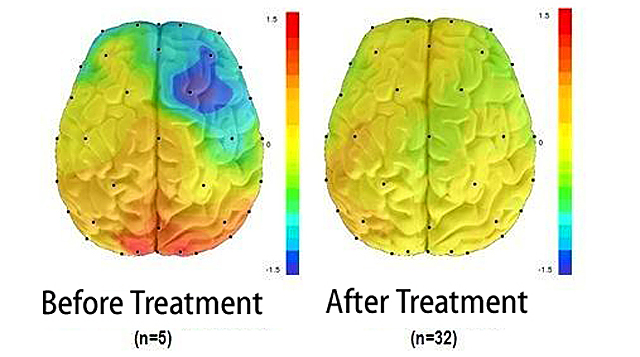Slumber is an essential part of our daily lives, allowing our bodies and mental faculties to rest and recover. However, many people experience from slumber disorders, which can considerably disrupt slumber patterns. These disorders can lead to multiple issues, including alterations in neural wave activity. Neural waves are electrical signals in the mind that reflect our cognitive state and activity. When slumber is interrupted, the normal patterns of neural waves can be affected, resulting to problems with cognitive function, such as memory, attention, and decision-making.
There are various types of slumber disorders, including insomnia, sleep apnea, and unsettled leg syndrome. Insomnia is characterized by trouble falling or remaining asleep, while slumber apnea involves pauses in respiration during sleep. Restless leg syndrome induces uncomfortable feelings in the limbs, leading to an compelling desire to move them. Each of these disorders can disturb the natural slumber cycle, which comprises of different stages, including light sleep, profound sleep, and REM (rapid eye movement) slumber. Each stage holds a crucial role in maintaining overall cognitive health and performance.
When slumber disorders interfere with these stages, neural wave activity can become erratic. For example, during deep sleep, the mind produces slow delta waves, which are essential for bodily restoration and memory consolidation. If a individual undergoes repeated awakenings or does not reach deep sleep, the generation of these delta waves is diminished. This can lead to challenges in learning new information and holding memories. Additionally, REM sleep, which is linked with dreaming and emotional processing, is also impacted. Interruptions in REM sleep can lead to issues with emotional regulation and creativity.
The effect of slumber disorders on cognitive function is significant. Research has shown that individuals with sleep disorders often face challenges with attention and concentration. This can influence their performance at school or work, making it challenging to finish tasks or participate in discussions. Furthermore, chronic sleep deprivation can result to emotional changes, increased stress, and even anxiety or depression. These mental and emotional challenges can create a vicious cycle, where poor sleep results to cognitive difficulties, which in turn can lead to more slumber problems.
Tackling sleep disorders is crucial for improving neural wave activity and mental function. Therapeutic options may encompass habitual changes, such as creating a regular sleep schedule, establishing a cozy sleep environment, and engaging in relaxation techniques. In some cases, medical intervention may be necessary, such as employing a CPAP machine for sleep apnea or pharmaceuticals for insomnia. By prioritizing slumber and pursuing appropriate treatment, individuals can enhance their overall cognitive abilities and find out here improve their quality of life. Comprehending the connection between sleep disorders, brainwave activity, and mental function is an essential step toward better health and wellness.

Comments on “Exploring How Slumber Disorders Interfere with Neural Oscillation Activity as well as Affect Cognitive Performance”